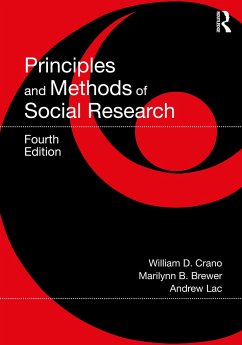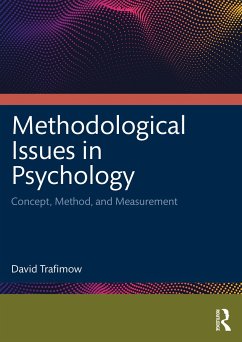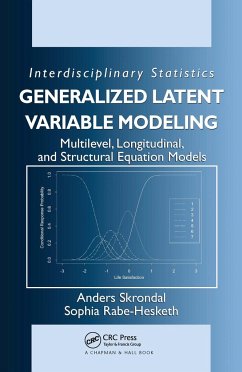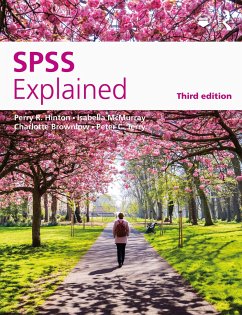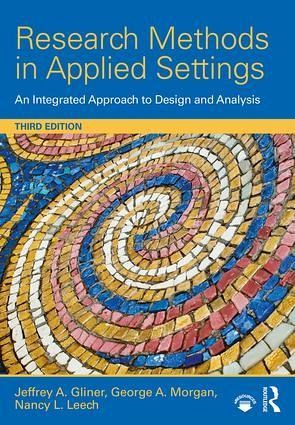
Research Methods in Applied Settings
An Integrated Approach to Design and Analysis, Third Edition
Versandkostenfrei!
Versandfertig in 1-2 Wochen
141,99 €
inkl. MwSt.
Weitere Ausgaben:

PAYBACK Punkte
71 °P sammeln!
This crystal clear, applied text teaches readers how to plan, conduct, and write a research project and select and interpret data through its integrated approach to research methods. Although not a statistics book, readers learn to master which technique to use when and how to analyze results, making them better consumers of research. Organized around the steps of conducting a research project, independent sections and chapters can be read in any order for utmost learning flexibility. A consistent framework increases comprehension. Numerous examples, diagrams, tables, key terms, summaries, app...
This crystal clear, applied text teaches readers how to plan, conduct, and write a research project and select and interpret data through its integrated approach to research methods. Although not a statistics book, readers learn to master which technique to use when and how to analyze results, making them better consumers of research. Organized around the steps of conducting a research project, independent sections and chapters can be read in any order for utmost learning flexibility. A consistent framework increases comprehension. Numerous examples, diagrams, tables, key terms, summaries, applied problems and questions, and suggested readings further promote understanding.






